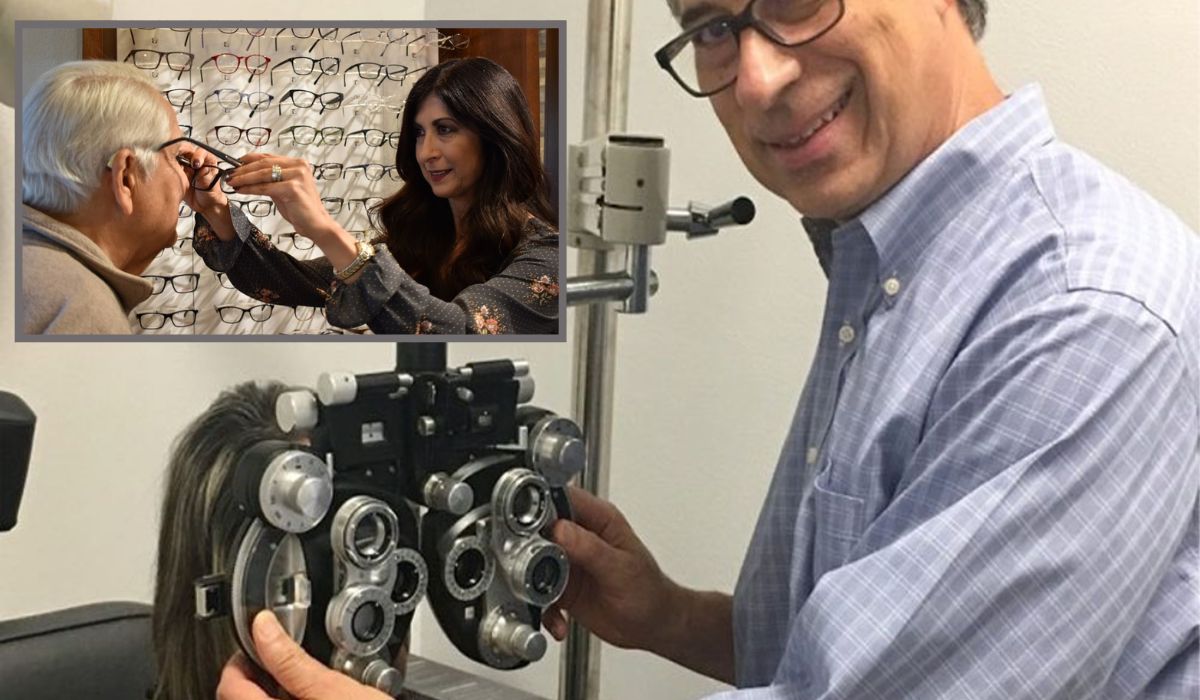
The Difference Between Optometrists, Ophthalmologists, And Orthoptists
Variances Among Optometrists, Ophthalmologists, And Orthoptists
Are you unsure about the differences between optometrists, ophthalmologists, and orthoptists? DeCarlo Optometry is here to help you understand these vital roles in eye care. Each specialist has unique skills and focuses, and knowing which to visit can improve your eye health. If you have questions or need more details, check out our FAQs, or better yet, give us a call at (714) 996-1136 to schedule an appointment. Don’t hesitate to hear firsthand from our satisfied patients in our testimonials section.
Optometrists vs Ophthalmologists vs Orthoptists
Unraveling the differences between 3 types of eye doctors: optometrists, ophthalmologists, and orthoptists is paramount for discerning the scope of practice and expertise each brings to the table. By understanding these distinctions, patients can navigate the complexities of eye care and access the most appropriate treatments and interventions for their vision needs.
• Defining Roles: Optometrists, Ophthalmologists, And Orthoptists
Optometrists are primary eye care providers specializing in comprehensive eye exams and the management of refractive errors. Ophthalmologists, on the other hand, are medical doctors trained in eye surgery and the diagnosis and treatment of eye diseases. Orthoptists focus on binocular vision and specialize in evaluating and treating eye movement and alignment disorders.
• Scope Of Practice: Diagnostic, Therapeutic, And Surgical Expertise
Optometrists primarily diagnose and manage common vision problems, prescribe corrective lenses, and provide therapeutic treatments. Ophthalmologists have a broader scope, performing surgeries such as cataract removal, and LASIK, and treating complex eye conditions like glaucoma and retinal diseases. Orthoptists specialize in evaluating and treating binocular vision disorders, offering vision therapy to improve eye coordination and focusing abilities.
Optometrists: Your Primary Eye Care Providers
Recognizing optometrists as primary eye care providers highlights their pivotal role in conducting comprehensive eye exams and managing common vision problems. By entrusting their visual health to optometrists, patients receive personalized care and guidance in maintaining optimal vision and eye health throughout their lives.
Comprehensive Eye Exams: Detecting And Treating Common Vision Problems
Optometrists conduct comprehensive eye exams to assess visual acuity, screen for eye diseases, and detect refractive errors like nearsightedness, farsightedness, and astigmatism. These exams often include tests for glaucoma, macular degeneration, and other ocular health conditions. Through early detection and intervention, optometrists can prevent vision loss and maintain eye health.


Management Of Refractive Errors: Prescribing Glasses And Contact Lenses
One of the primary roles of optometrists is to prescribe corrective lenses to improve visual clarity and comfort. Whether it’s glasses or contact lenses, optometrists ensure that patients receive the most suitable vision correction for their needs. They also provide guidance on lens options, coatings, and specialty designs to optimize visual outcomes and enhance quality of life.
Ophthalmologists: Masters Of Eye Medicine
Understanding the pivotal role of ophthalmologists as masters of eye medicine is paramount for navigating complex eye conditions and ensuring optimal visual health. With their surgical expertise and medical acumen, ophthalmologists offer specialized care tailored to address a myriad of eye diseases, providing patients with comprehensive treatment options and improved outcomes.
• Surgical Prowess And Medical Expertise
Ophthalmologists possess advanced surgical skills and medical expertise, allowing them to perform intricate procedures to restore or improve vision. From cataract surgery to retinal detachment repair, ophthalmologists utilize cutting-edge technology and techniques to achieve optimal outcomes for their patients. Additionally, they diagnose and manage a wide range of eye diseases, prescribing medications and treatments to address conditions such as diabetic retinopathy, glaucoma, and corneal disorders.
• Specialized Care: Addressing Complex Eye Conditions And Diseases
Patients with complex eye conditions or diseases often turn to ophthalmologists for specialized care. Whether it’s age-related macular degeneration, keratoconus, or retinal vascular disorders, ophthalmologists have the expertise to diagnose, treat, and manage these challenging cases. Through ongoing research and innovation, they continuously strive to improve treatment options and outcomes for their patients.
Orthoptists: The Specialists In Binocular Vision
Understanding the pivotal role of orthoptists as specialists in binocular vision is essential for recognizing their expertise in evaluating and treating conditions like strabismus and amblyopia. With their focus on restoring binocular vision and enhancing overall visual function, orthoptists play a crucial role in supporting healthy vision development across all ages.
Targeting Binocular Vision Disorders
Orthoptists specialize in evaluating and treating binocular vision disorders, which affect the coordination and alignment of the eyes. Through comprehensive assessments, including tests of eye movement, alignment, and focusing abilities, orthoptists identify issues such as strabismus (eye misalignment) and amblyopia (lazy eye). By implementing personalized vision therapy programs, orthoptists help patients develop binocular vision skills and overcome visual challenges.
Role In Pediatric Eye Care
Orthoptists play a crucial role in pediatric eye care, where early intervention is key to preventing long-term vision problems. By working closely with optometrists and ophthalmologists, orthoptists assess children’s visual development and detect any signs of amblyopia or strabismus. Through targeted interventions and collaborative care, they help children achieve optimal visual function and navigate the world with confidence.
Knowing the specific expertise of optometrists, ophthalmologists, and orthoptists can guide you to the right professional for your progressive eye care needs. DeCarlo Optometry ensures you receive personalized and efficient care, tailored to your eyes. Have more questions? Visit our FAQ page or simply call us at (714) 996-1136. Ready to see clearer and take care of your eyes? Book your appointment today and let our testimonials speak to the quality care we provide.
